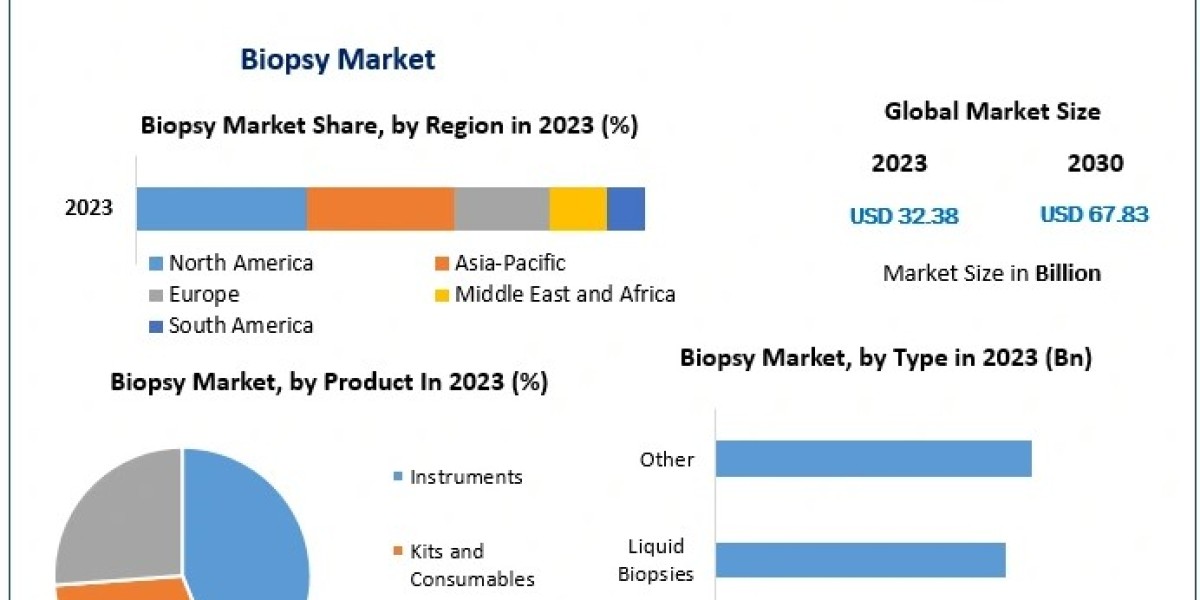Cotton ginning machinery plays an essential role in the cotton production process, serving as the critical bridge between harvested cotton and market-ready fibers. These machines efficiently separate cotton fibers from seeds, stems, and other debris, delivering a clean, high-quality product to manufacturers. The ginning process not only improves fiber quality but also significantly reduces labor costs and time. As demand for cotton remains high across textiles, medical supplies, and other industries, advancements in cotton ginning technology continue to shape the efficiency, quality, and sustainability of cotton production.
More info : https://www.econmarketresearch.com/industry-report/cotton-ginning-machinery-market/
Types of Cotton Ginning Machinery: Tailoring Solutions to Production Needs
Cotton ginning machinery can generally be categorized into two types: saw gins and roller gins. Saw gins are typically used in large-scale, high-speed ginning operations due to their ability to quickly separate fibers, though they are better suited for short- to medium-length cotton fibers. Roller gins, on the other hand, are ideal for processing longer-staple cotton, producing minimal fiber damage and thus preserving quality. Each type of machinery has its specific applications and is selected based on factors like cotton variety, production volume, and quality requirements.
Components of Cotton Ginning Machinery
Cotton ginning machines are complex systems composed of various parts, each contributing to the overall efficiency of the ginning process. Key components include the gin stand, which houses saw or roller assemblies responsible for separating fibers, and pre-cleaning systems that remove larger debris like stems and leaves before ginning begins. Lint cleaners further refine the cotton, removing small debris and enhancing the fiber's cleanliness. Bale presses then compact cleaned fibers into bales for transport and storage. Each component’s performance is crucial, and together they determine the quality and purity of the end product.
Technological Advancements in Cotton Ginning Machinery
Recent advancements in ginning machinery technology focus on automation, energy efficiency, and precision, transforming how cotton is processed. Many modern gins now incorporate sensors and AI-powered control systems, which automatically adjust machine settings to optimize fiber separation and minimize waste. These advancements lead to better control over ginning speed, pressure, and cleaning intensity, all of which reduce fiber damage. With digital monitoring, operators can detect potential machine malfunctions early, reducing downtime and improving efficiency. As a result, modern ginning machines yield higher-quality cotton with reduced energy and labor requirements.
Impact of Cotton Ginning Machinery on Cotton Quality and Fiber Yield
The quality of cotton largely depends on how effectively it is ginned, and machinery plays a critical role in ensuring minimal fiber breakage and contamination. Poorly ginned cotton can result in excessive short fibers, lowering the fiber’s spinning quality and resulting in weaker fabrics. Advanced cotton ginning machinery has the capability to precisely manage fiber handling, maintaining the natural length and integrity of the cotton fibers. Improved machinery results in higher yields of usable cotton per bale, which enhances profitability for cotton producers and improves consistency in the textile industry.
Future Trends in Cotton Ginning Technology
The future of cotton ginning machinery is likely to be shaped by further automation, data integration, and eco-friendly innovations. As more gins incorporate IoT (Internet of Things) technology, machinery can be monitored remotely, and production metrics can be analyzed to fine-tune operations continually. Automation will reduce reliance on manual labor, and eco-efficient technologies will further minimize the environmental footprint. Additionally, robotics and AI will play a larger role in maintaining consistent cotton quality, helping farmers and manufacturers meet the increasingly stringent standards of global markets.
Phone Number: +1 812 506 4440
Email : sales@econmarketresearch.com









